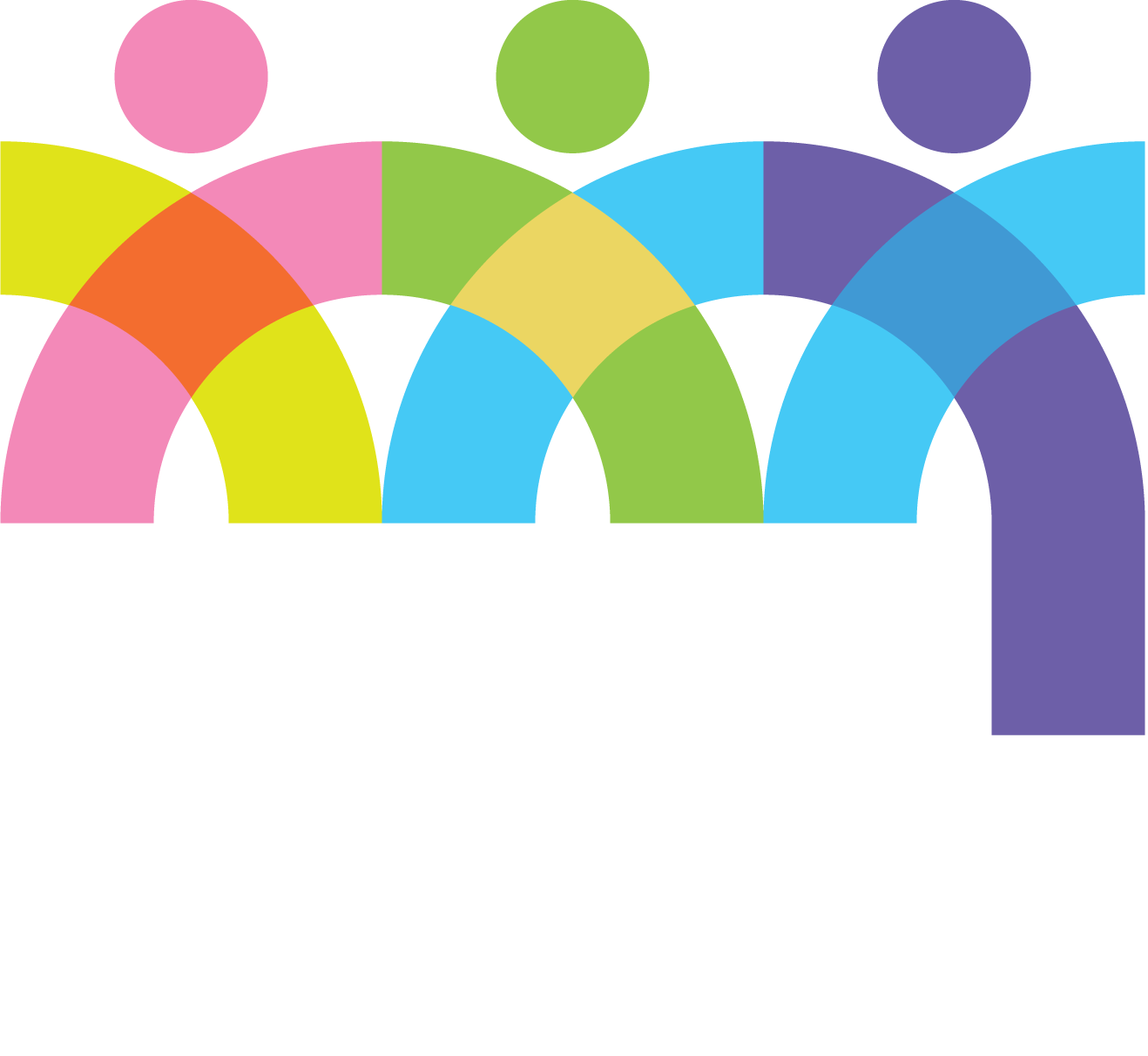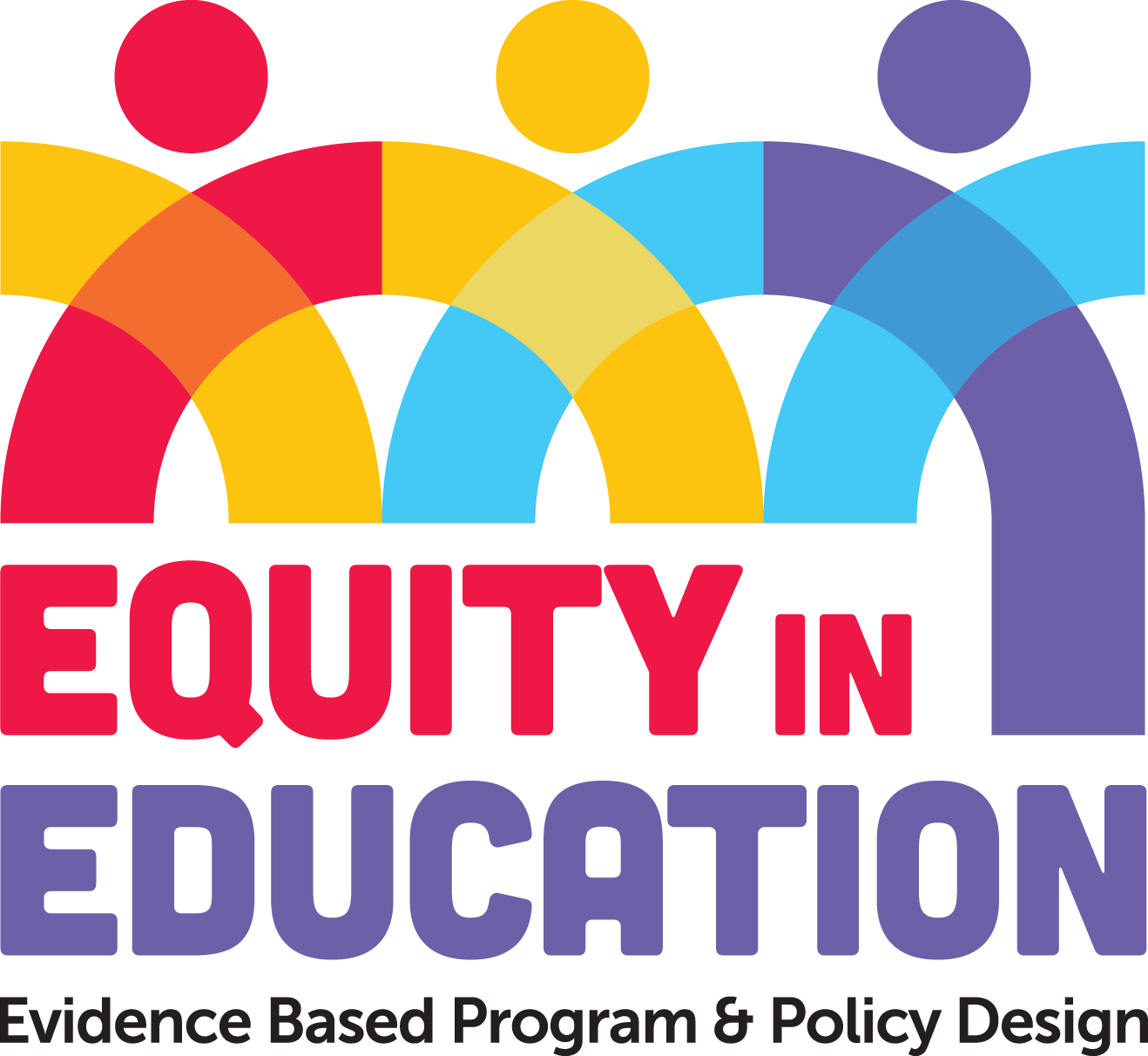A scoping review of technology use during peer collaboration in early educational settings.
Early educational settings such as early childhood education and care and kindergarten (i.e. formal schooling) are important contexts to foster children’s peer collaboration, an important skill for the 21st century. Technology use in early educational settings is increasing rapidly in ways that can support the development of peer collaboration.
This study explores the types of technology used to support peer collaboration in early educational settings. The literature we examined was found in the following databases: ERIC, PsycInfo, Education Source, and Child Development and Adolescent Studies. We focused on 24 articles that incorporate use of technology during peer collaboration in educational settings with at least one young child (0-6).
Our results found six types of technology hardware (iPads, computers, robots, Microsoft Kinect, multi-touch tables, and cameras) and seven software types (video games, digital drawing, media capture, mixed reality, tangible programming, multimedia editing, and content delivery) were used to support the development of collaboration in early educational settings. While interacting with this technology, children were observed engaging in the following collaborative skills: exchanging ideas, turn-taking, negotiating, sharing, joint understanding of goals/processes, joint action, and other behaviours. Findings from this review can serve as a tool for educators and researchers when considering the integration of technology in the classroom to foster early peer collaboration skills.
AUTHORS
Funded Project
Intervention Creation
and Testing


Mailing Address
Department of Management
University of Toronto Scarborough
UTSC Instructional Centre
1095 Military Trail
Toronto, ON M1C 1A4








